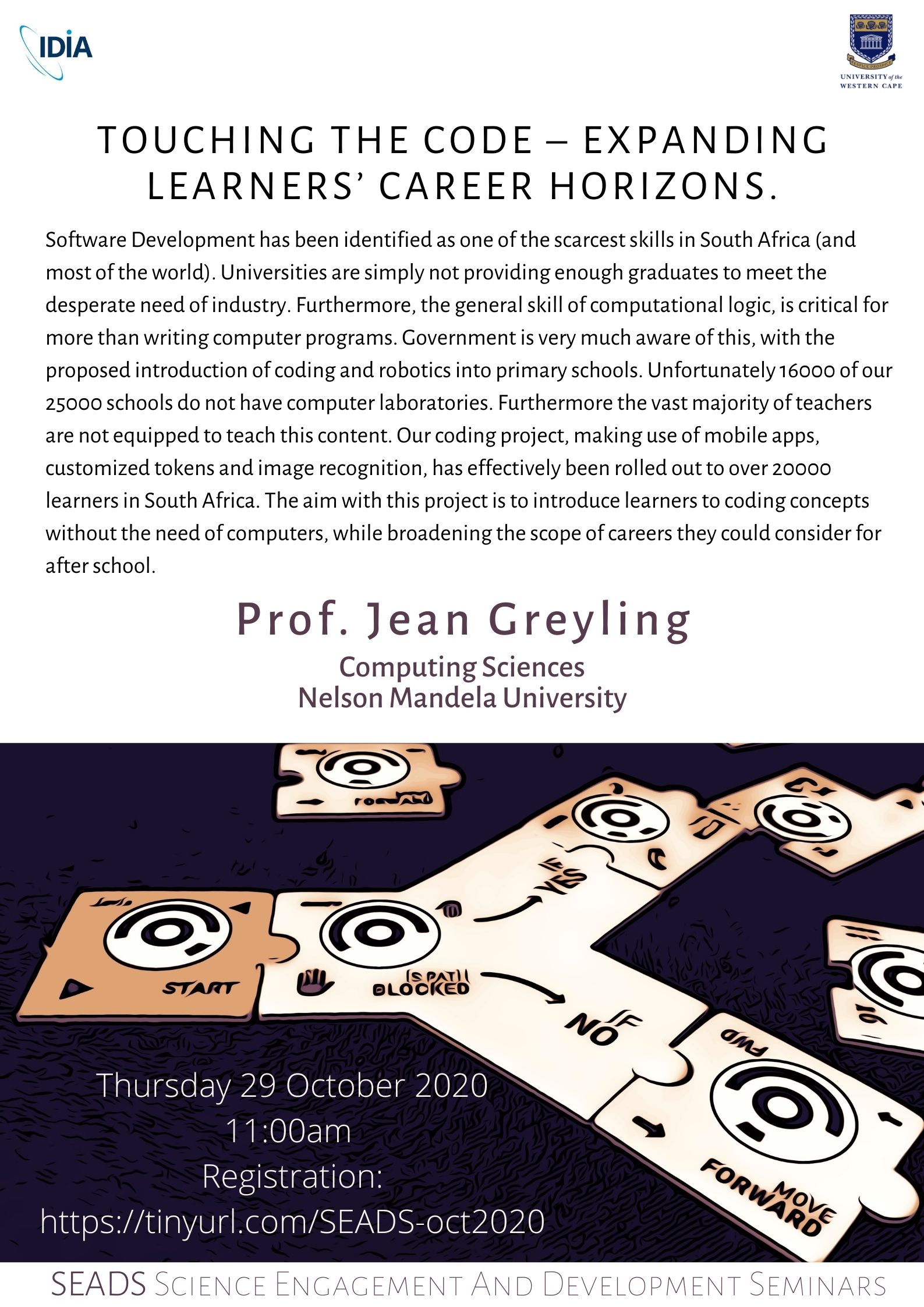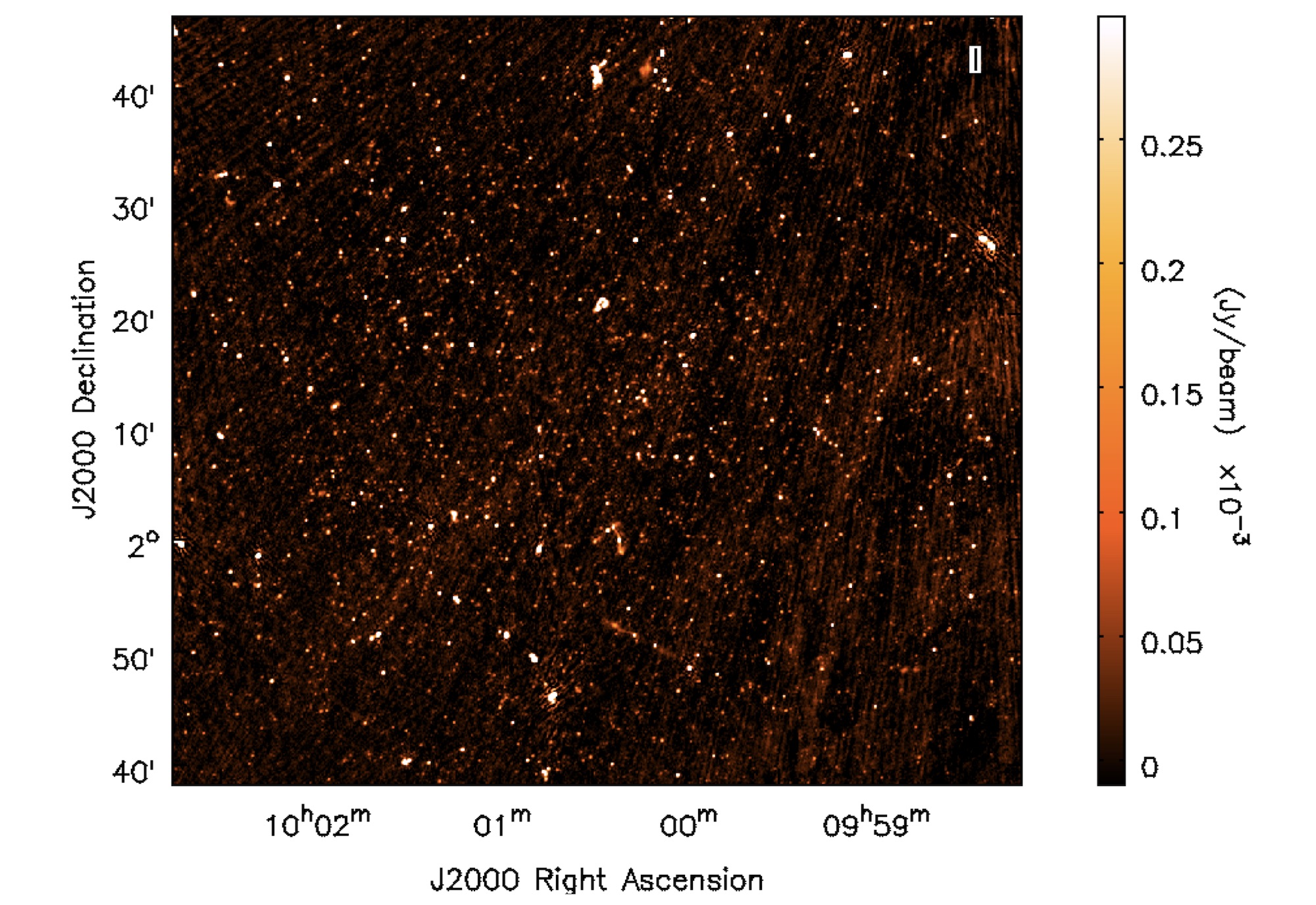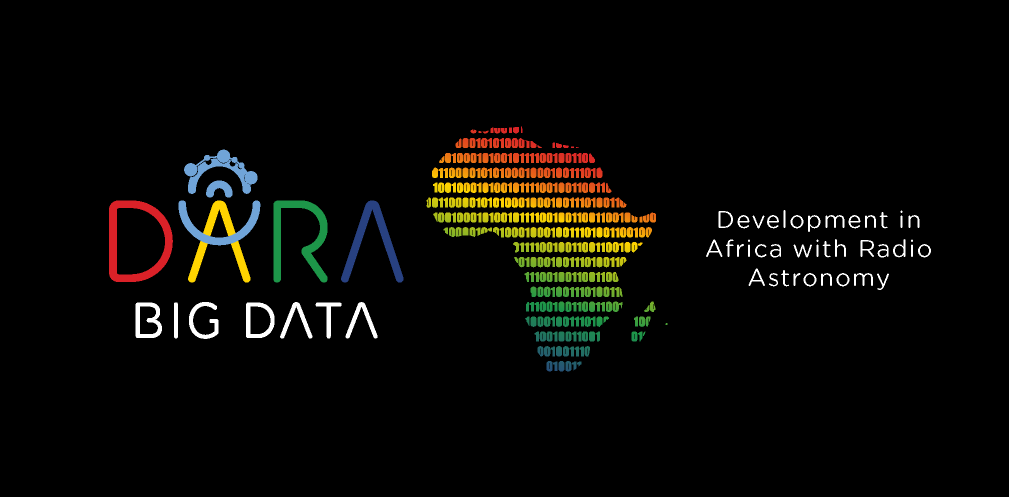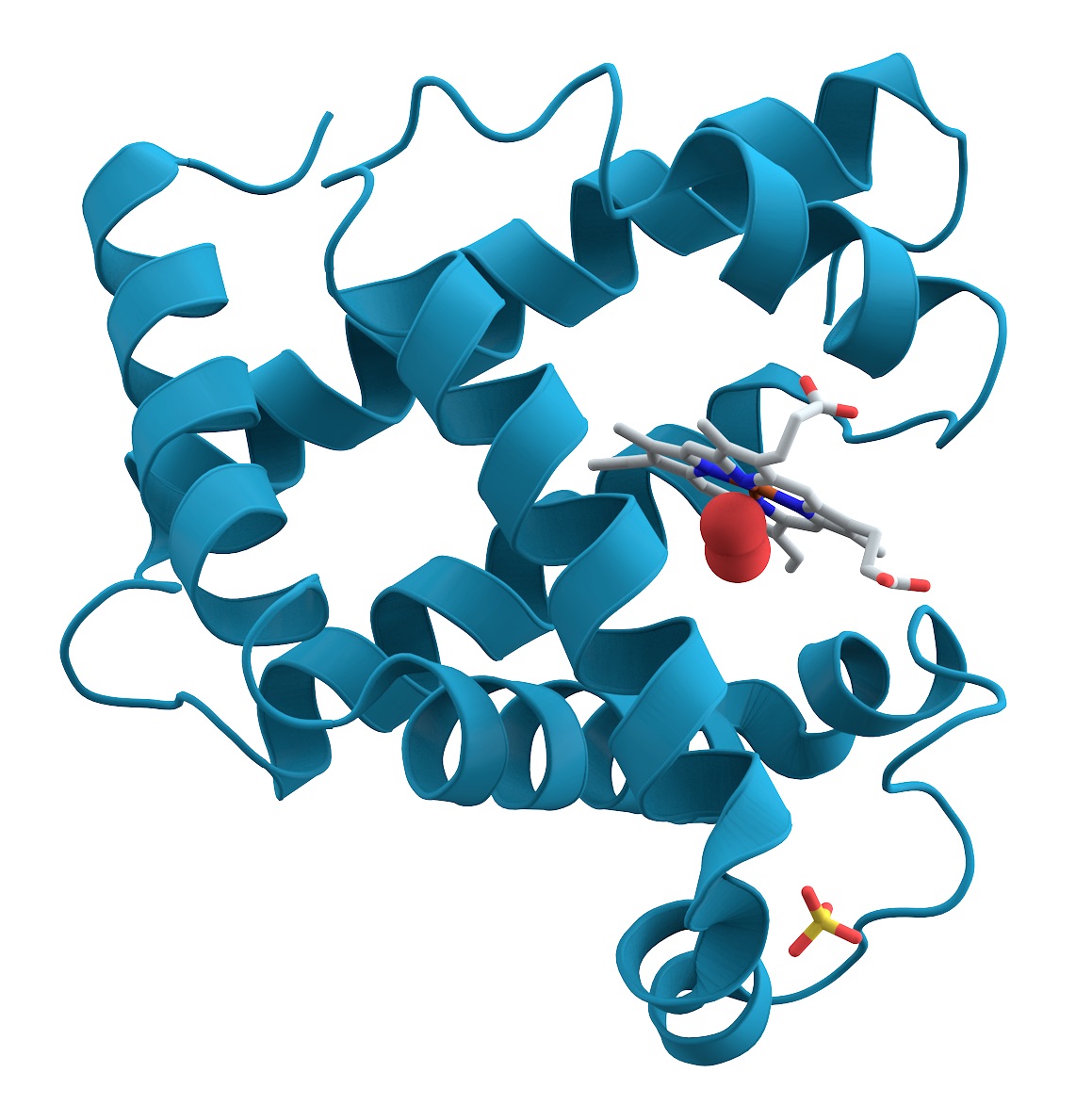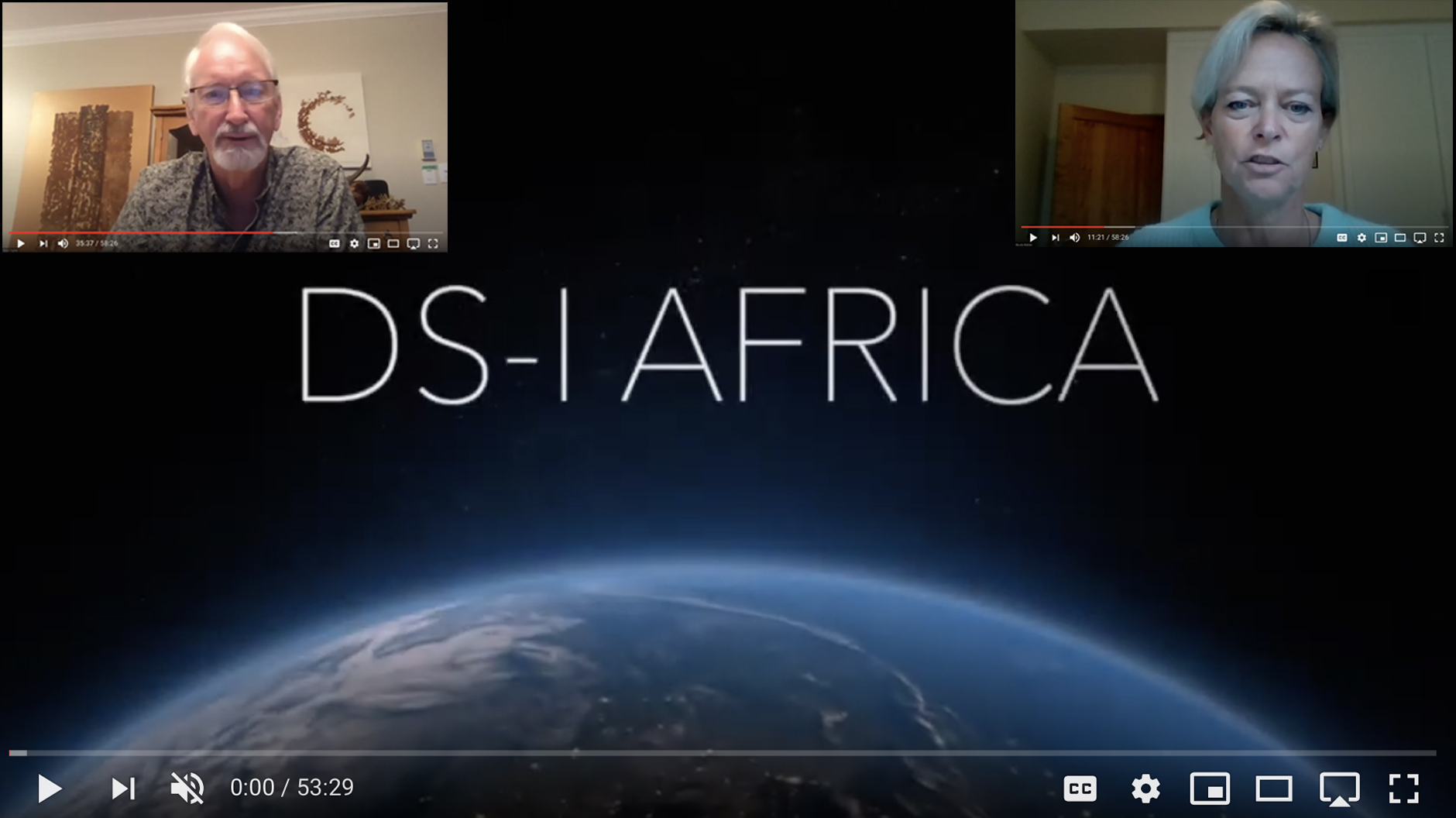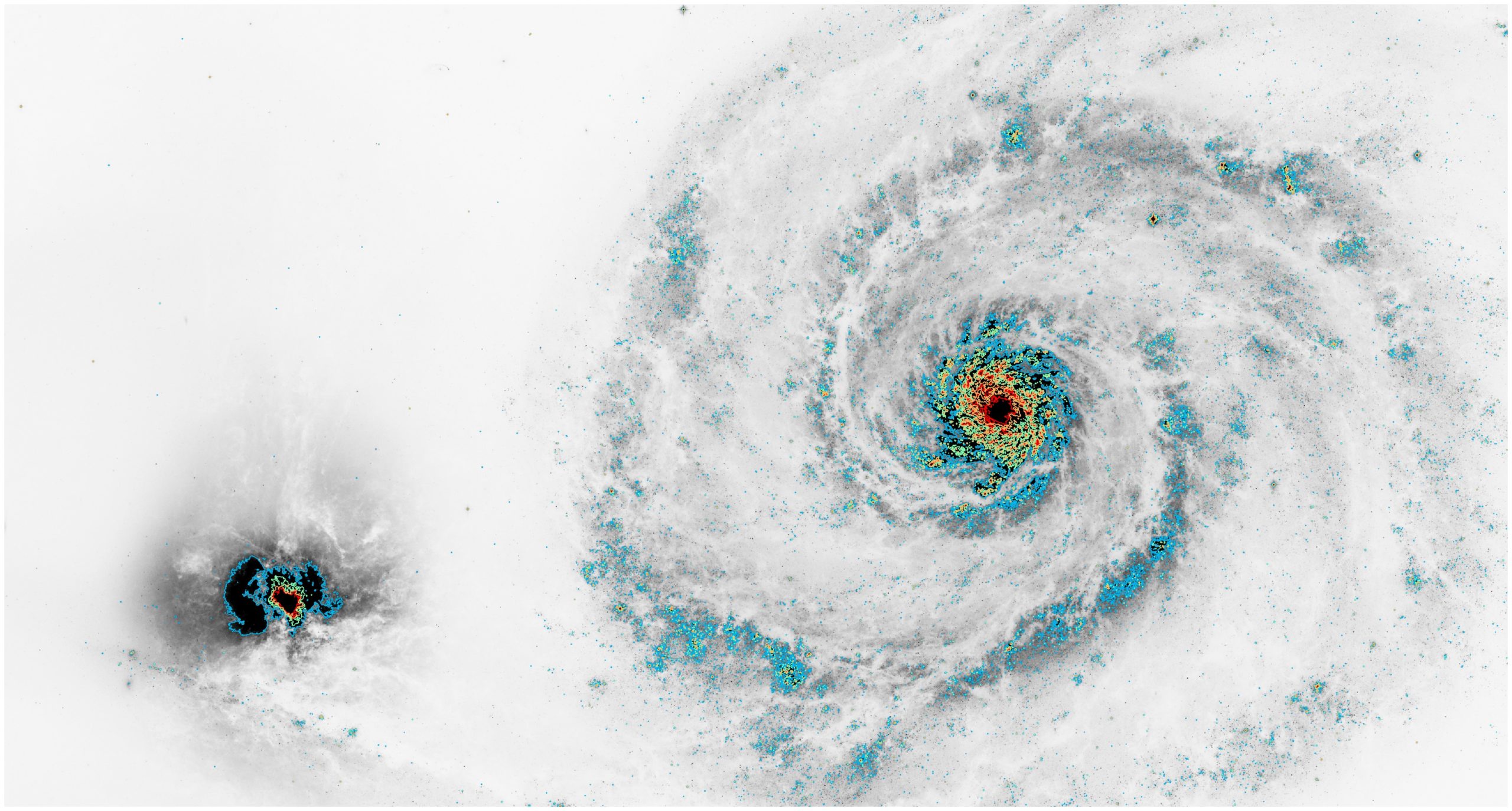Announcement: SEADS Seminar
In our continuing Science Engagement And Development Seminar series, we are excited to welcome Prof. Jean Greyling from Computing Sciences at Nelson Mandela University. He comes to tell us about his TANKS application and project. Touching the code – expanding learners’ career horizons. Abstract Software Development has been identified as one of the scarcest skills in South Africa (and most … Read More

